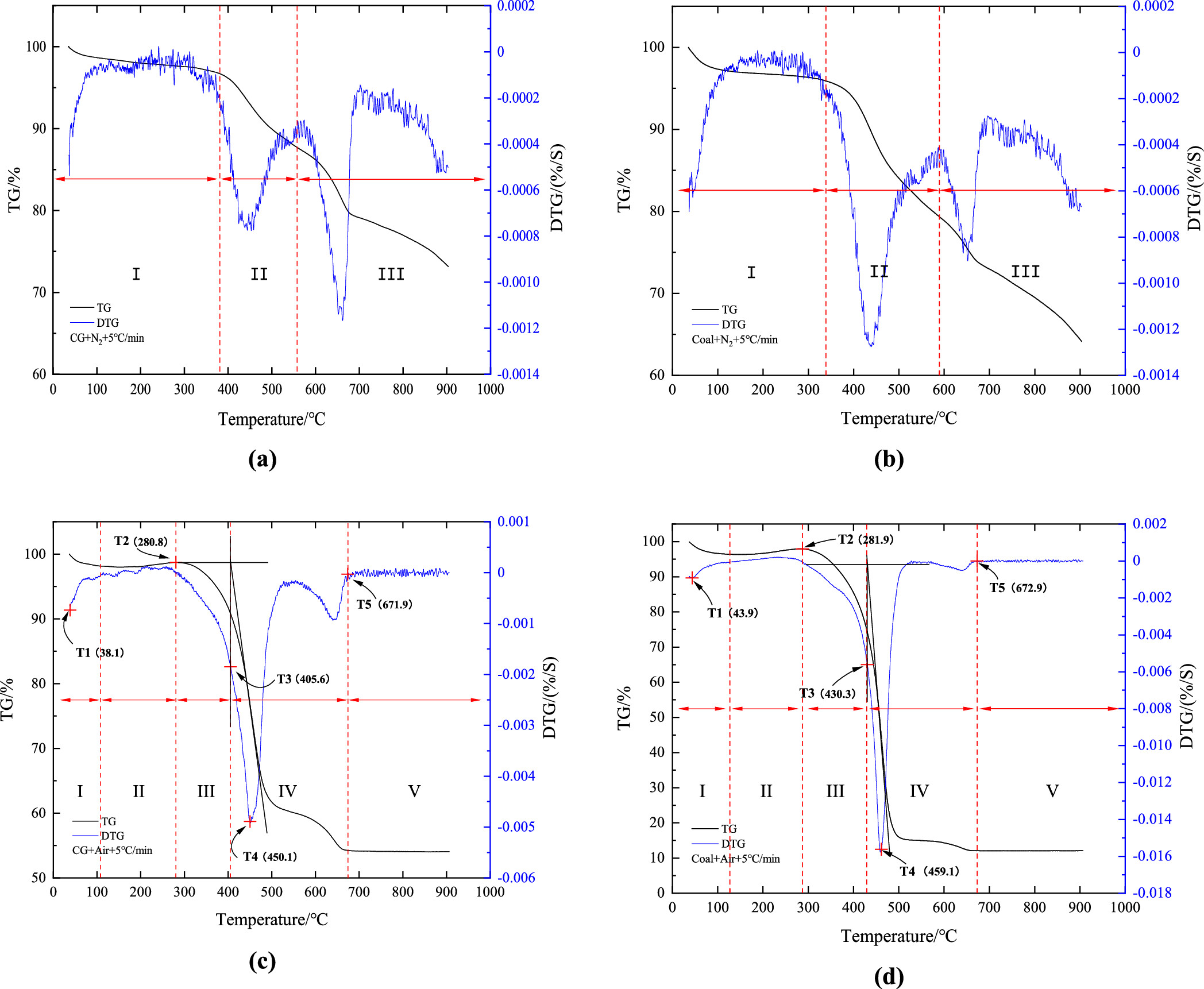Thermogravimetric Analysis - Differential Scanning Calorimetry (TGA-DSC) Analytical Service
Thermogravimetric analysis (TGA) and differential scanning calorimetry (DSC) are two widely used thermal analysis techniques for studying the thermal behavior of materials. TGA measures the change in sample mass during controlled heating, providing insights into thermal stability, decomposition behavior, and residual composition. DSC, on the other hand, tracks heat flow differences between the sample and a reference, allowing the identification of endothermic and exothermic events such as melting, glass transition, crystallization, and chemical reactions.
In practical applications, TGA and DSC are often combined into a unified platform. Thermogravimetric Analysis - Differential Scanning Calorimetry (TGA-DSC) Analytical Service synchronously collects mass loss and thermal effect data in a single test, improving analytical efficiency for complex or multicomponent systems.
MtoZ Biolabs offers high-quality Thermogravimetric Analysis - Differential Scanning Calorimetry (TGA-DSC) Analytical Service utilizing advanced thermal analysis systems. Our service supports temperatures up to 1200°C and provides flexible gas atmosphere control to meet diverse sample characterization needs.
Technical Principles
Thermogravimetric Analysis - Differential Scanning Calorimetry (TGA-DSC) Analytical Service operates through a program-controlled temperature system that simultaneously records sample mass changes and heat flow signals, enabling comprehensive evaluation of thermal stability and physico-chemical transitions.
TGA Component: Measures mass changes with temperature/time, identifying critical thermal behaviors such as volatilization, decomposition, oxidation, and residue formation.
DSC Component: Detects heat flow differences between sample and reference to characterize endothermic/exothermic events, including melting, glass transition, crystal rearrangement, and reaction enthalpy.
Simultaneous TGA-DSC testing enables separation of overlapping thermal events and clarification of the conditions and energy changes of each, significantly enhancing analysis of complex systems. The analysis can be conducted under various atmospheres (e.g., N₂, O₂, air) with programmable linear heating, stepwise heating, or isothermal conditions to reflect representative thermal responses.
Analysis Workflow
To ensure consistency and scientific rigor, MtoZ Biolabs follows a standardized process for Thermogravimetric Analysis - Differential Scanning Calorimetry (TGA-DSC) Analytical Service:
1. Instrument Preheating and Baseline Calibration
Activate equipment and gas systems, perform baseline measurement using empty crucibles to correct for buoyancy and environmental effects.
2. Sample Weighing and Loading
Precisely weigh samples using a high-accuracy balance and place them into pretreated ceramic or platinum crucibles.
3. Temperature and Atmosphere Setup
Set heating rate and gas type (e.g., N₂, O₂, Ar) based on sample properties.
4. Synchronous Measurement
Record thermogravimetric and calorimetric data in real-time, capturing heat flow peaks, mass loss events, and corresponding temperature zones.
5. Data Interpretation and Reporting
Analyze and annotate thermal decomposition stages, deliver complete reports including TG/DSC plots, weight loss percentages, event temperatures, and expert insights.
Why Choose MtoZ Biolabs?
MtoZ Biolabs’ Thermogravimetric Analysis - Differential Scanning Calorimetry (TGA-DSC) Analytical Service offers the following key advantages:
✅ Synchronous data acquisition: Simultaneously obtain mass and heat flow data, enabling correlative analysis of thermal reactions and decomposition mechanisms.
✅ High-temperature capability: Systems support up to 1200°C, ideal for high-temperature material studies.
✅ Atmosphere flexibility: Compatible with inert and reactive gases (N₂, O₂, air) to simulate real-world conditions.
✅ Broad sample compatibility: Suitable for powders, granules, liquids, and films.
✅ High sensitivity and resolution: Effectively distinguishes overlapping thermal events for precise multicomponent profiling.
✅ One-time-charge: Our pricing is transparent, no hidden fees or additional costs.
Applications
· Materials research and screening: Evaluate thermal stability and decomposition of polymers, alloys, ceramics, and composites.
· Pharmaceutical development and quality control: Assess excipient compatibility, crystallization behavior, and API purity.
· Energy materials: Characterize electrolytes, membranes, and electrode materials under various gas conditions.
· Food and cosmetics formulation: Analyze volatility, melting behavior, and thermal stability of formulation components.
· Failure analysis and forensic studies: Investigate thermal degradation mechanisms and support process optimization.
Case Study
Case 1: TGA-DSC reveals pyrolysis and oxidation characteristics of coal gangue
Researchers employed TGA-DSC to investigate the thermal behavior of coal gangue under different atmospheres and heating rates. Simultaneous TG/DTG/DSC curves illustrated thermal degradation, exothermic events, and temperature lag phenomena. Comparative analysis with raw coal samples highlighted significant differences in thermal effects, and variations in exothermic peak positions and intensities. This study provided thermodynamic evidence for spontaneous combustion mechanisms and oxidation kinetics.

Jin, Y. et al. ACS Omega. 2024.
The case underscores the value of TGA-DSC in monitoring multiphase reactions, identifying exothermic risks, and evaluating oxidation parameters in complex solid materials. MtoZ Biolabs offers professional Thermogravimetric Analysis - Differential Scanning Calorimetry (TGA-DSC) Analytical Service to support material stability and thermal hazard assessments.
FAQ
Q1: What types of thermal information can TGA-DSC provide simultaneously?
TGA-DSC simultaneously captures mass change and heat flow under controlled atmosphere, offering insights into mass loss behavior, volatiles, melting, glass transition, crystallization, and decomposition. This combined approach is essential for understanding thermal stability, composition, and thermodynamic transformations.
Q2: How does TGA-DSC enhance interpretation of mass loss behavior?
Compared with standalone TGA or DSC, TGA-DSC correlates weight loss stages with specific thermal events, improving interpretation of complex physical and chemical changes. Events like volatilization, hydration, oxidation, and cracking can be validated through cross-referenced signals, enhancing mechanism clarity and confidence.
Q3: Can overlapping thermal events be distinguished effectively?
Yes. We employ high-resolution modes (Hi-Res TGA) and optimized parameters to deconvolute overlapping events and resolve subtle transitions in adjacent decomposition zones. This is particularly useful for multiphase and composite material analysis.
If you wish to explore the specific applications of TGA-DSC for your research or industrial process, please contact the MtoZ Biolabs technical team. We will provide forward-looking solutions based on deep application expertise and customized testing capabilities.
How to order?







